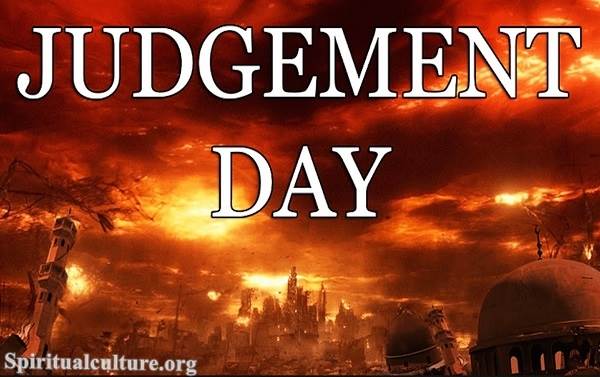According to Islamic teachings, on this day, people will be resurrected from the dead and all their deeds will be weighed on the scales of justice. The faithful will be granted eternal paradise, while the unfaithful will face everlasting punishment in Hell. This belief is a fundamental tenet of Islam and is mentioned in several verses of the Quran.
What is Judgment Day in Islam?
Judgment Day in Islam is referred to as “Yawm al-Qiyamah” and is the day when all human beings will be judged by Allah (God) based on their actions and beliefs during their lifetime.
The exact date of Judgment Day is unknown, but it is considered to be a fundamental belief in Islam. On that day, all souls will be resurrected and all people will be held accountable for their deeds and words. The outcome of this judgment will determine a person’s eternal fate, either in paradise (Jannah) or hell (Jahannam).
Beliefs about Judgment Day
In Islam, Judgment Day is seen as the ultimate test of a person’s faith and belief in God. On that day, all people, regardless of their religion, race, or social status, will be judged by Allah based on their actions and beliefs while they were alive. The deeds and actions of every individual will be weighed against a set of divine standards, which are revealed in the Qur’an and Hadith (Prophetic traditions).

It is believed that on Judgment Day, the dead will be brought back to life and will be physically resurrected, in order to be judged. The Qur’an describes the scene on Judgment Day as one of chaos and confusion, with people scrambling to find someone to intercede on their behalf.
The outcome of the judgment will determine a person’s fate in the afterlife, which is either paradise or hell. Paradise is described as a place of eternal bliss, where all physical and emotional needs are met, and where there is no suffering or pain. Hell, on the other hand, is a place of eternal punishment for those who have rejected the message of God or who have lived a life of sin.
In conclusion, Judgment Day is an important belief in Islam and serves as a reminder of the accountability that each individual has to God. It encourages Muslims to live a virtuous life, guided by the principles of their faith, and to always strive to do good and avoid evil.
When is the day of Judgment?
The exact date of the Day of Judgment in Islam is not specified and is considered unknown and unknowable. Islamic teachings emphasize that the knowledge of the exact time of the end of the world is only known to Allah (God). It is considered a part of the unseen and is beyond human comprehension. The Quran states, “They ask you about the Hour: when will be its time? Say: “The knowledge thereof is only with my Lord; none can reveal its time but He.” (Quran 7:187). Thus, Muslims are encouraged to live each day in accordance with the teachings of Islam and be prepared for the Day of Judgment at all times.
























Comments (0)